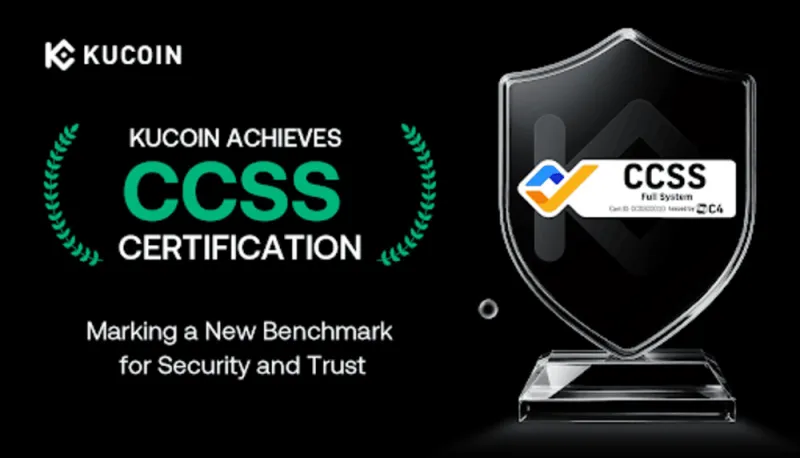Japan's financial giant SBI Holdings has announced a groundbreaking partnership with Singapore-based blockchain firm Startale to develop an institutional-grade tokenized stock trading platform. The joint venture, unveiled on August 22, 2025, aims to revolutionize asset trading by enabling continuous, around-the-clock trading and settlement of tokenized equities and real-world assets through blockchain technology.
The platform will address a key limitation of traditional markets, which "remain closed 70% of the time," by enabling continuous, programmable trading of tokenized stocks, including both US and Japanese native stocks. This innovation promises to deliver enhanced liquidity, fractional ownership capabilities, and seamless cross-border settlement functionality that could fundamentally reshape how investors access and trade equity markets globally. Similar platforms like Swarm are already enabling compliant tokenized stocks on blockchain networks, offering instant redemptions that bypass traditional T+2 settlement delays.
SBI's entry into tokenized stocks positions the Japanese financial services leader alongside a growing roster of major players experimenting with tokenized assets, including Robinhood and several cryptocurrency exchanges. The strategic move comes as the tokenized asset market shows tremendous growth potential, with projections suggesting the market could expand to as large as $18.9 trillion by 2033, according to a joint report from Ripple and BCG. For investors interested in exploring existing tokenized asset platforms, exchanges like Tokenize are already providing access to blockchain-based securities and real-world assets.
The partnership will establish two joint ventures: one focused on developing core technology infrastructure and another dedicated to business expansion and market penetration. While the companies have not yet specified a launch date for the new platform, the collaboration represents a significant step toward mainstream adoption of blockchain-based financial services in traditional equity markets.

 Nikolas Sargeant
Nikolas Sargeant







